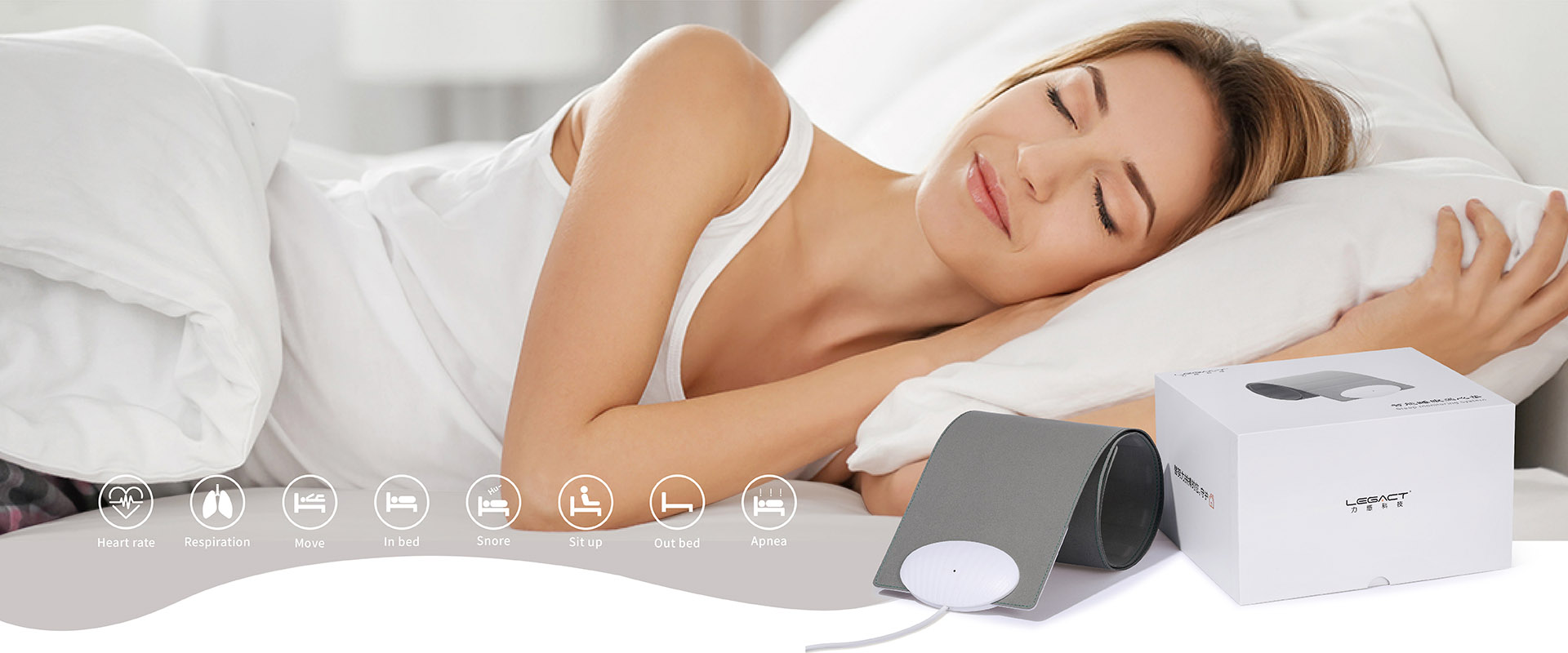In modern society, people are increasingly recognizing the importance of sleep to health. Sleep is not only a critical period for the body’s recovery and repair, but it is also closely related to cognitive function, emotional state, and quality of life. With the development of technology, sleep monitoring has become a powerful tool for understanding and managing individual sleep. Below, we will explore the benefits of sleep monitoring.
1. In-depth Understanding of Individual Sleep Patterns
Sleep monitoring technology can track and record sleep cycles, stages, and quality. Through the analysis of this data, individuals can gain a deeper understanding of their sleep patterns and habits. This understanding helps to identify sleep issues, such as interruptions, mild insomnia, or sleep apnea, and then take targeted measures to improve sleep quality.
2. Optimizing Sleep Environment and Habits
Sleep monitoring not only provides sleep data but also analyzes the impact of environmental factors on sleep. By monitoring factors such as indoor temperature, light, and noise, individuals can optimize the sleep environment to create conditions more conducive to sleep. In addition, sleep monitoring can help individuals understand their sleep habits, such as bedtime and wake-up time, thereby adjusting their lifestyle and developing good sleep habits.
3. Improving Health Conditions
Good sleep quality is crucial for physical health. Sleep monitoring can help individuals detect sleep problems in a timely manner and take measures to improve them. Adequate and high-quality sleep helps regulate hormone levels, boost immunity, and reduce the risk of chronic diseases such as cardiovascular disease and diabetes. Therefore, optimizing sleep quality through sleep monitoring helps improve overall health.
4. Enhancing Quality of Life
Adequate and good-quality sleep not only benefits physical health but also enhances the quality of life. Sleep monitoring helps individuals understand their sleep patterns, thereby adjusting their lifestyle to maintain energy and emotional stability. Good sleep quality also enhances attention, memory, and learning abilities, thereby improving work efficiency and quality of life.
Conclusion
In conclusion, sleep monitoring technology provides individuals with an important tool for understanding and managing sleep, which helps optimize the sleep environment and habits, improve health conditions, and enhance the quality of life. Therefore, actively adjusting sleep habits through sleep monitoring and maintaining good sleep quality have positive implications for individual health and life.




